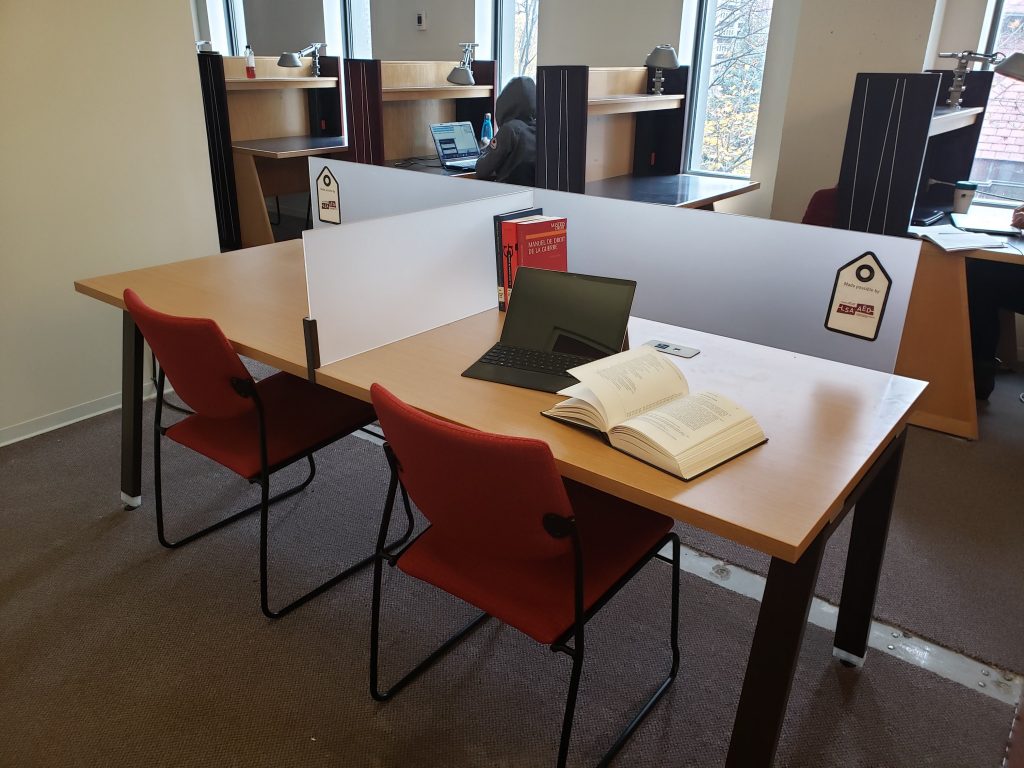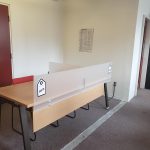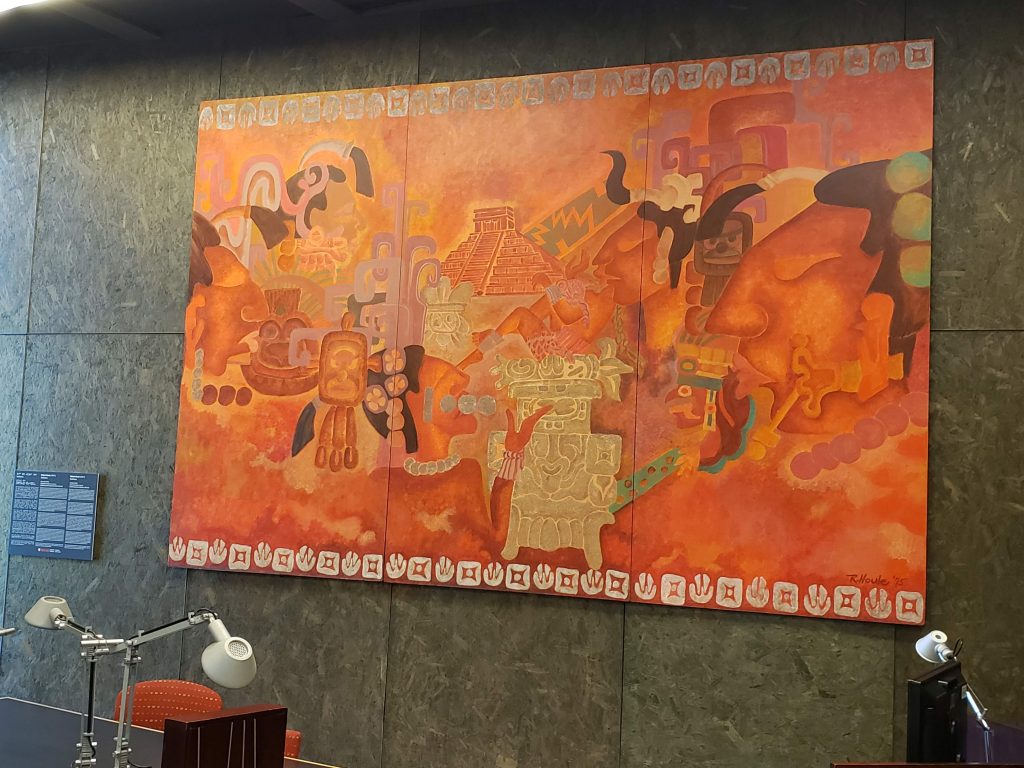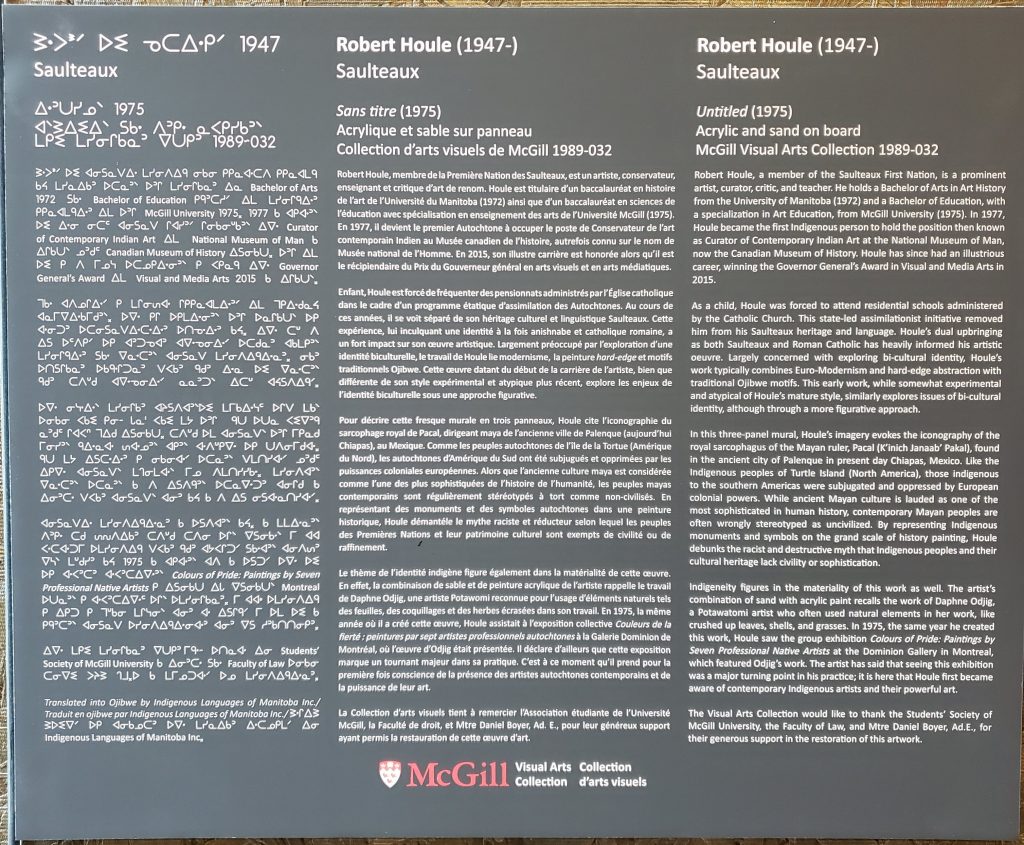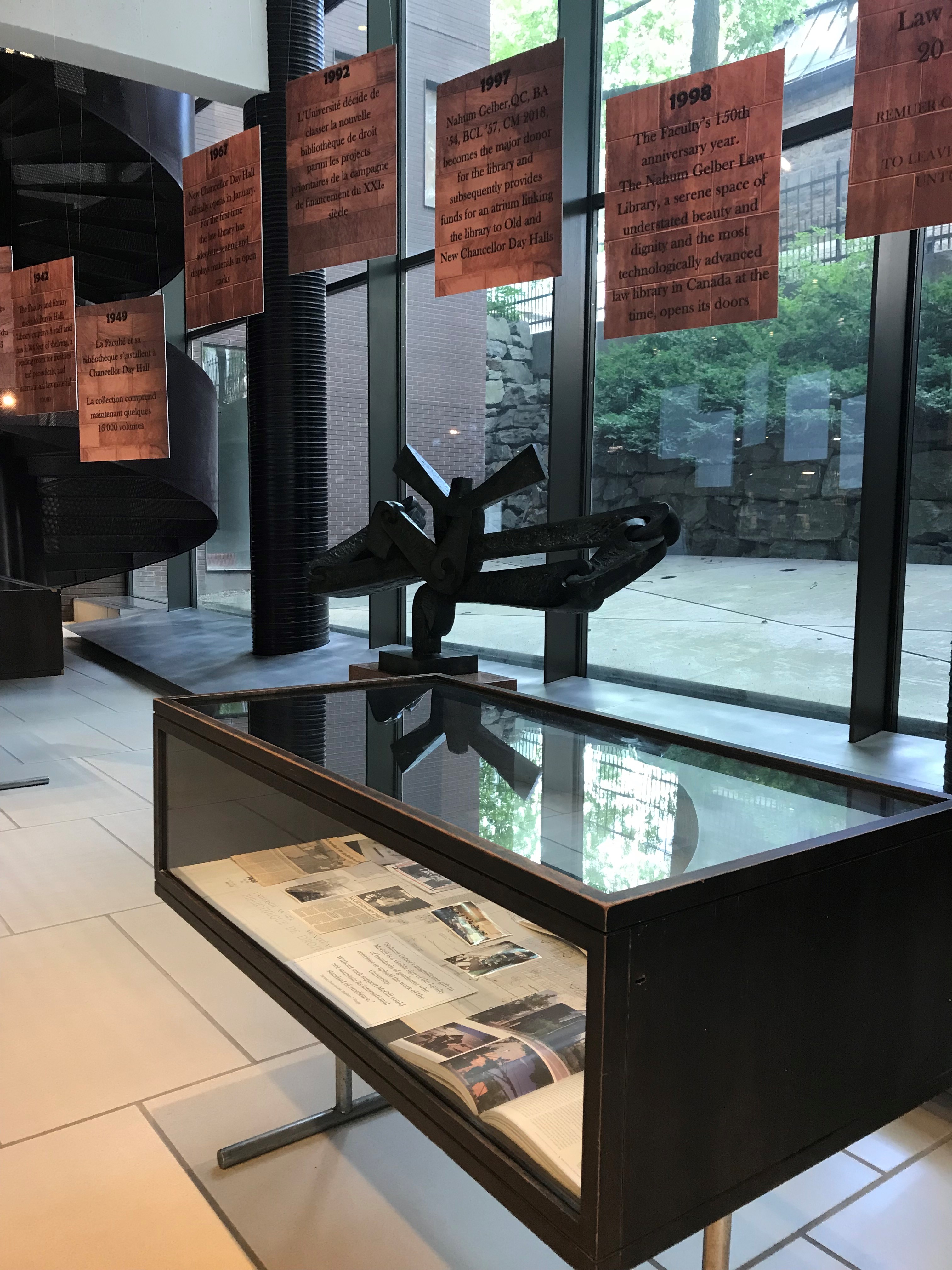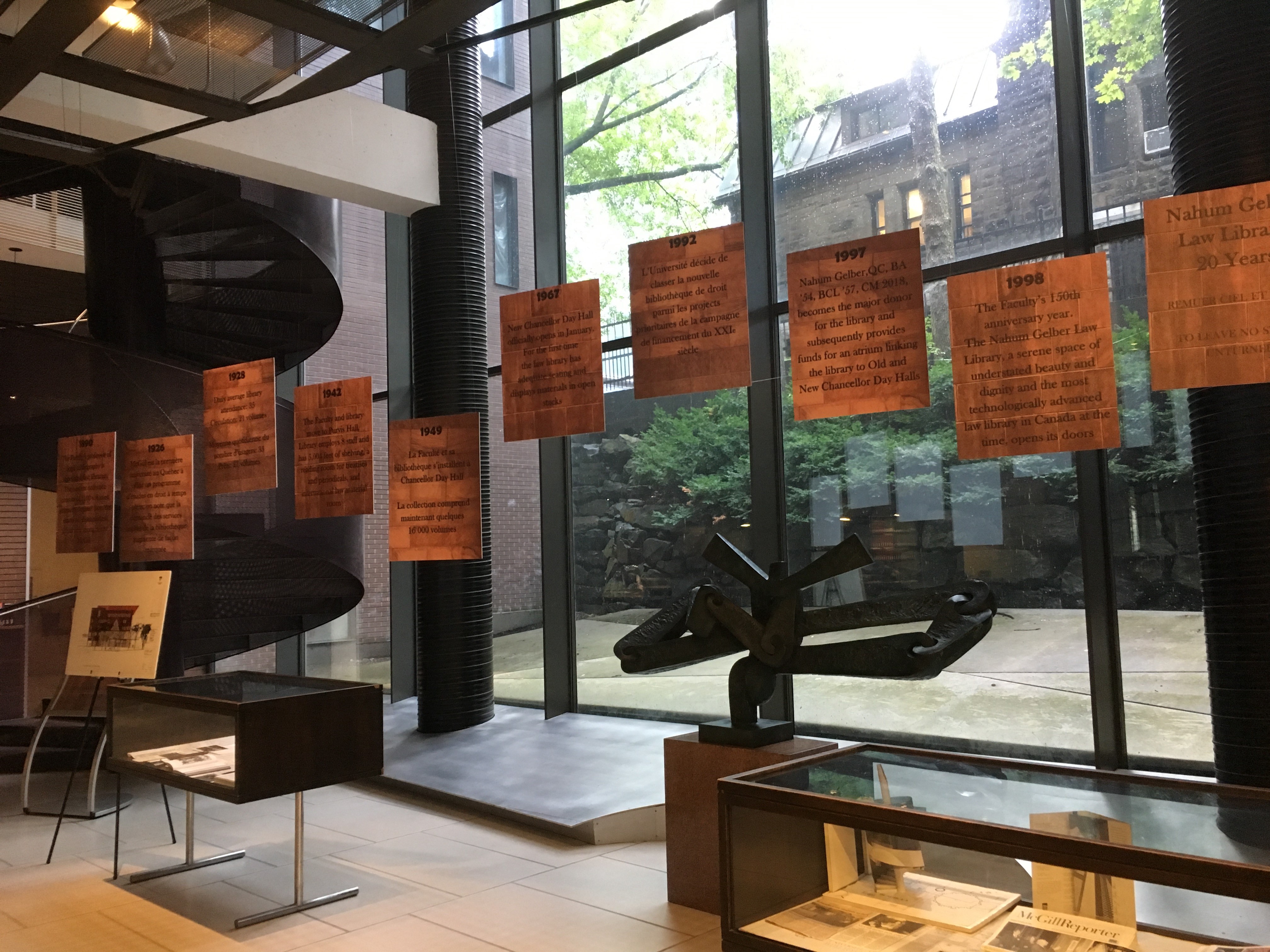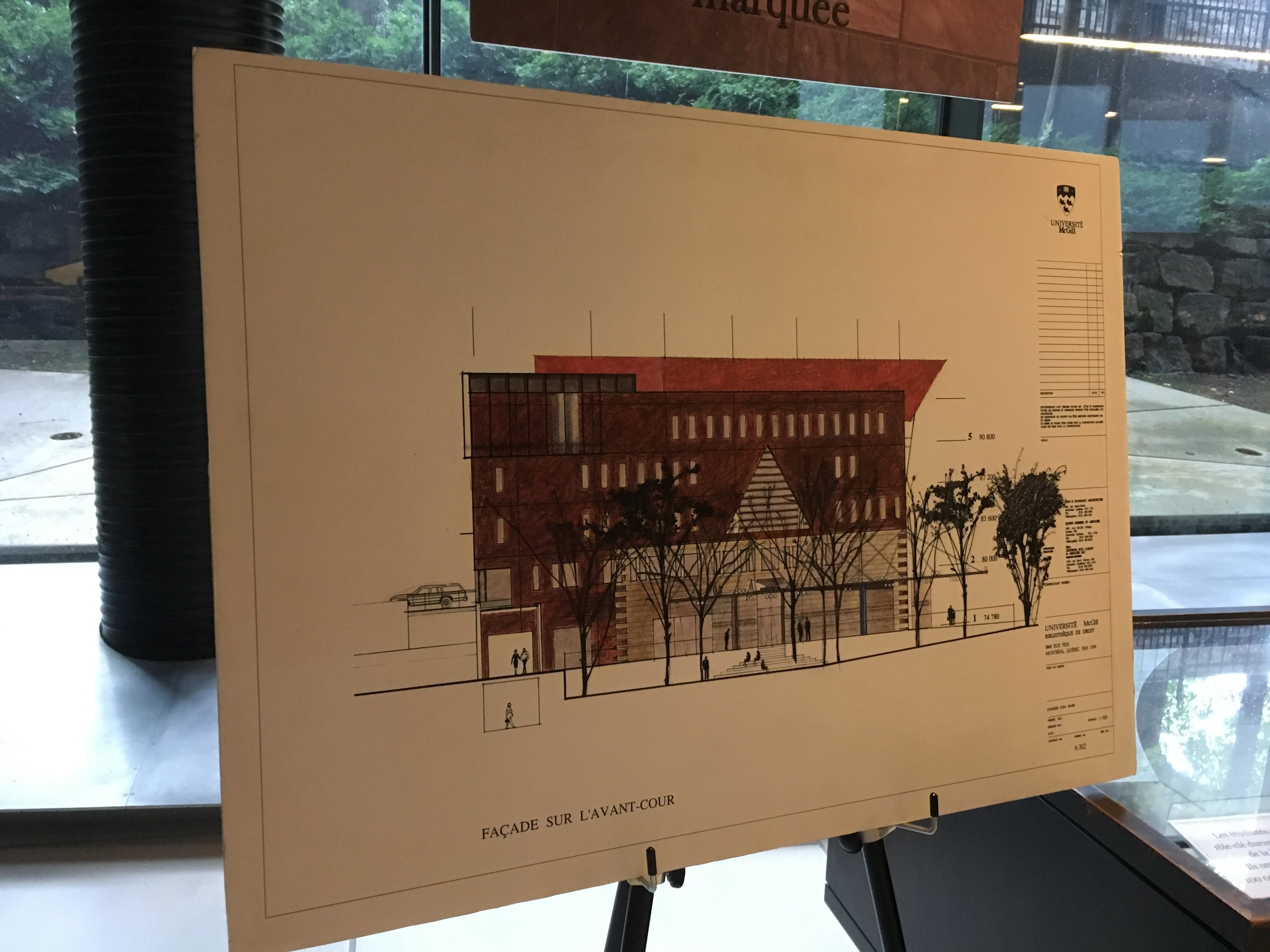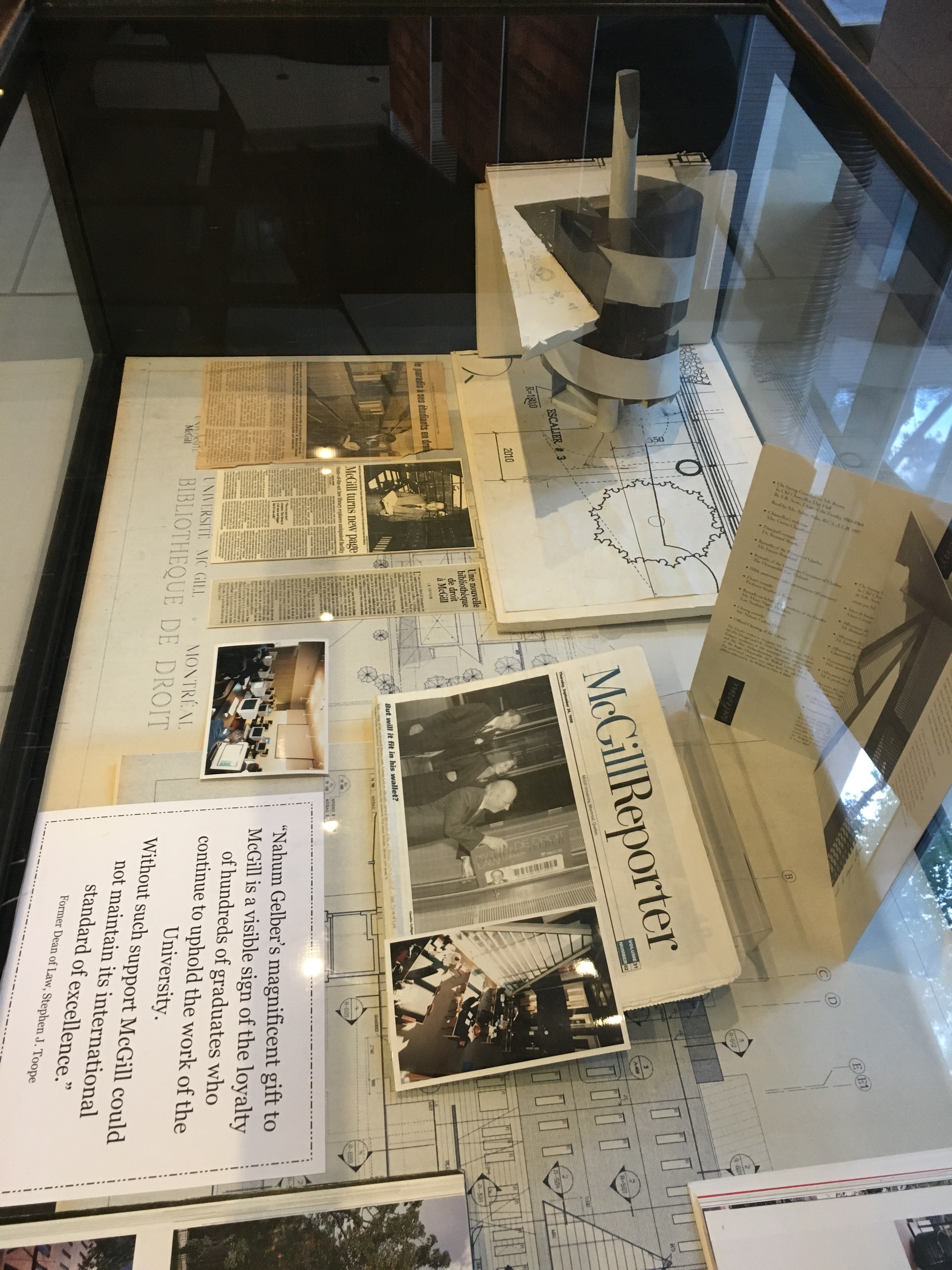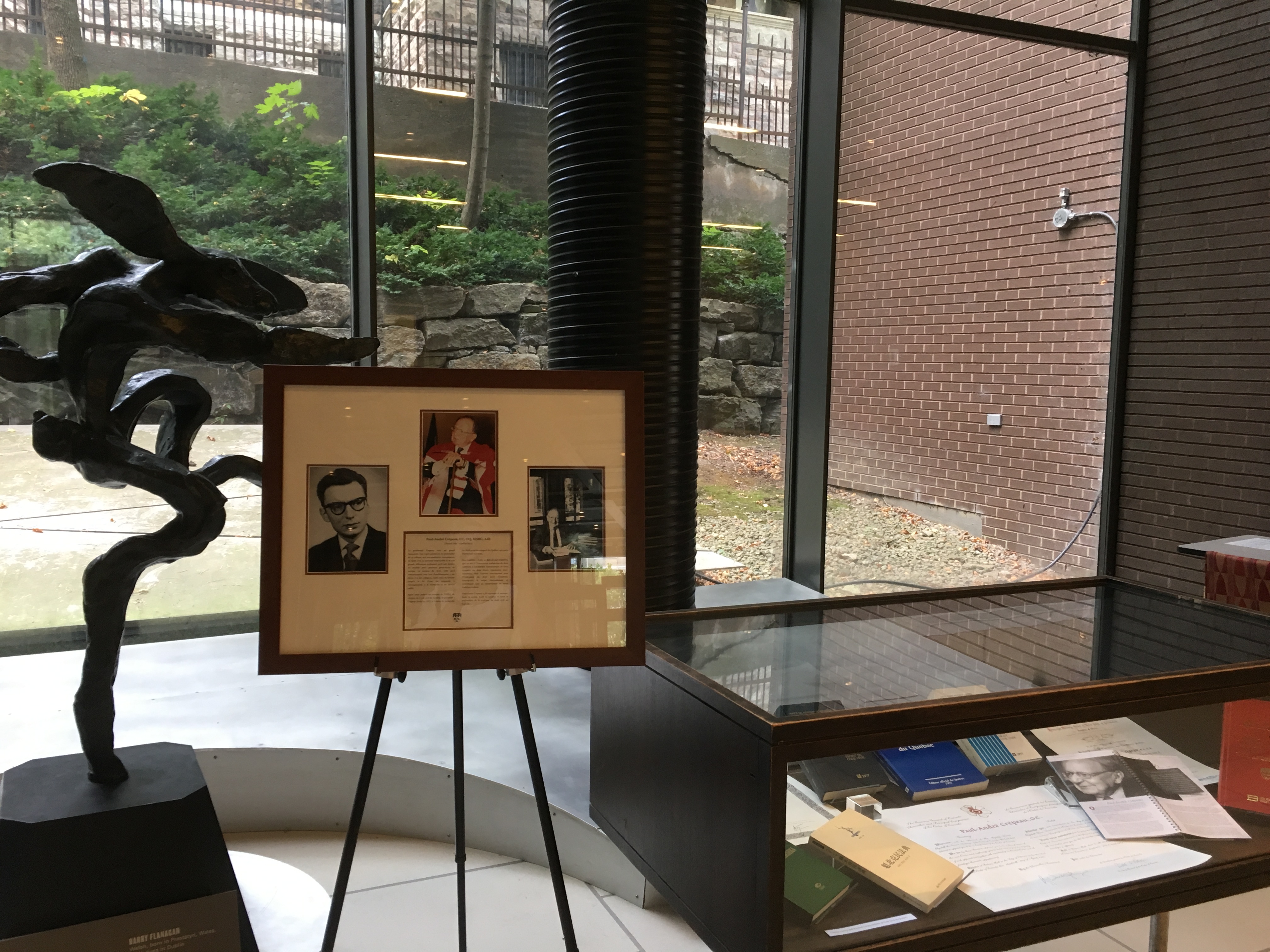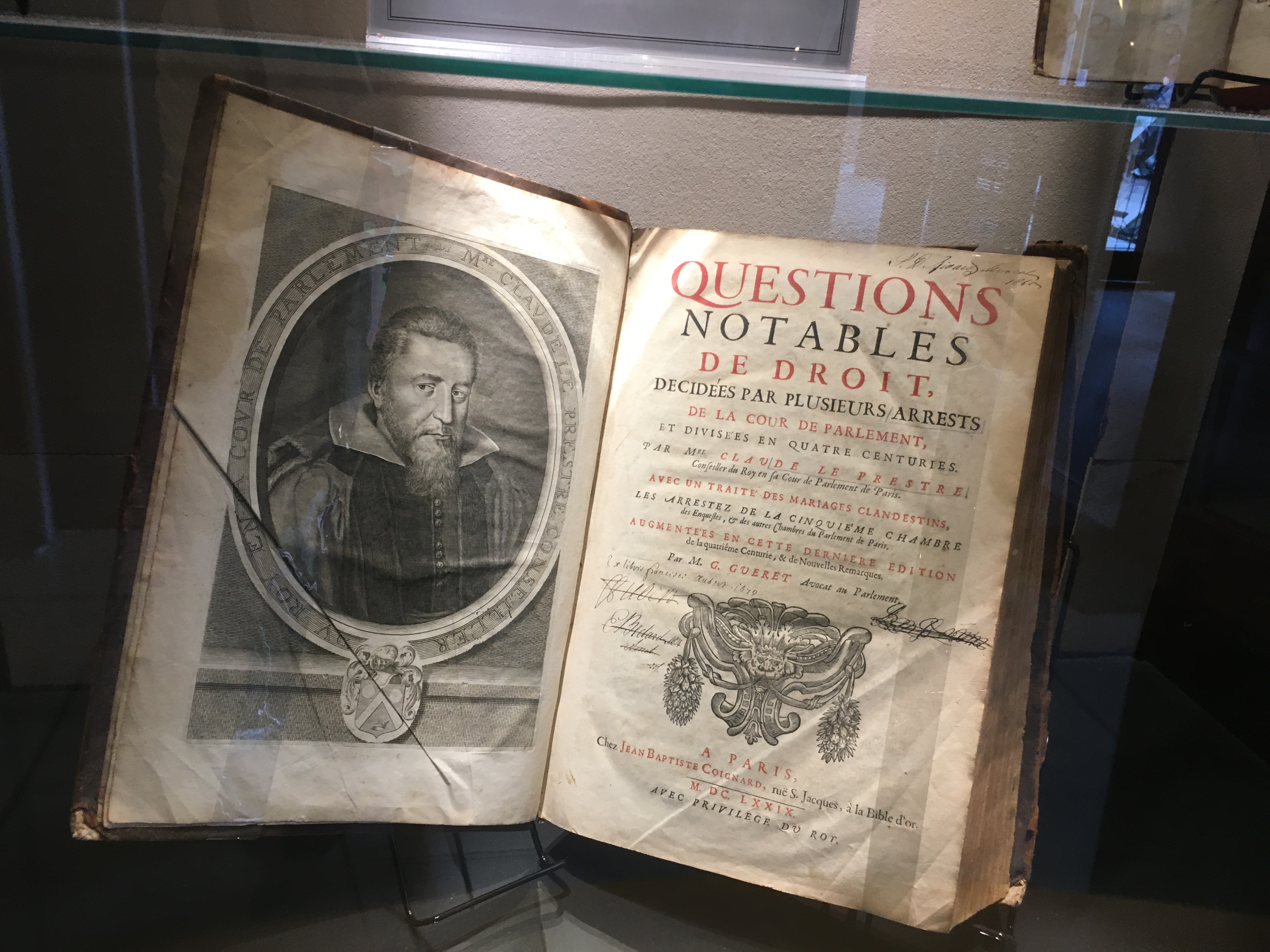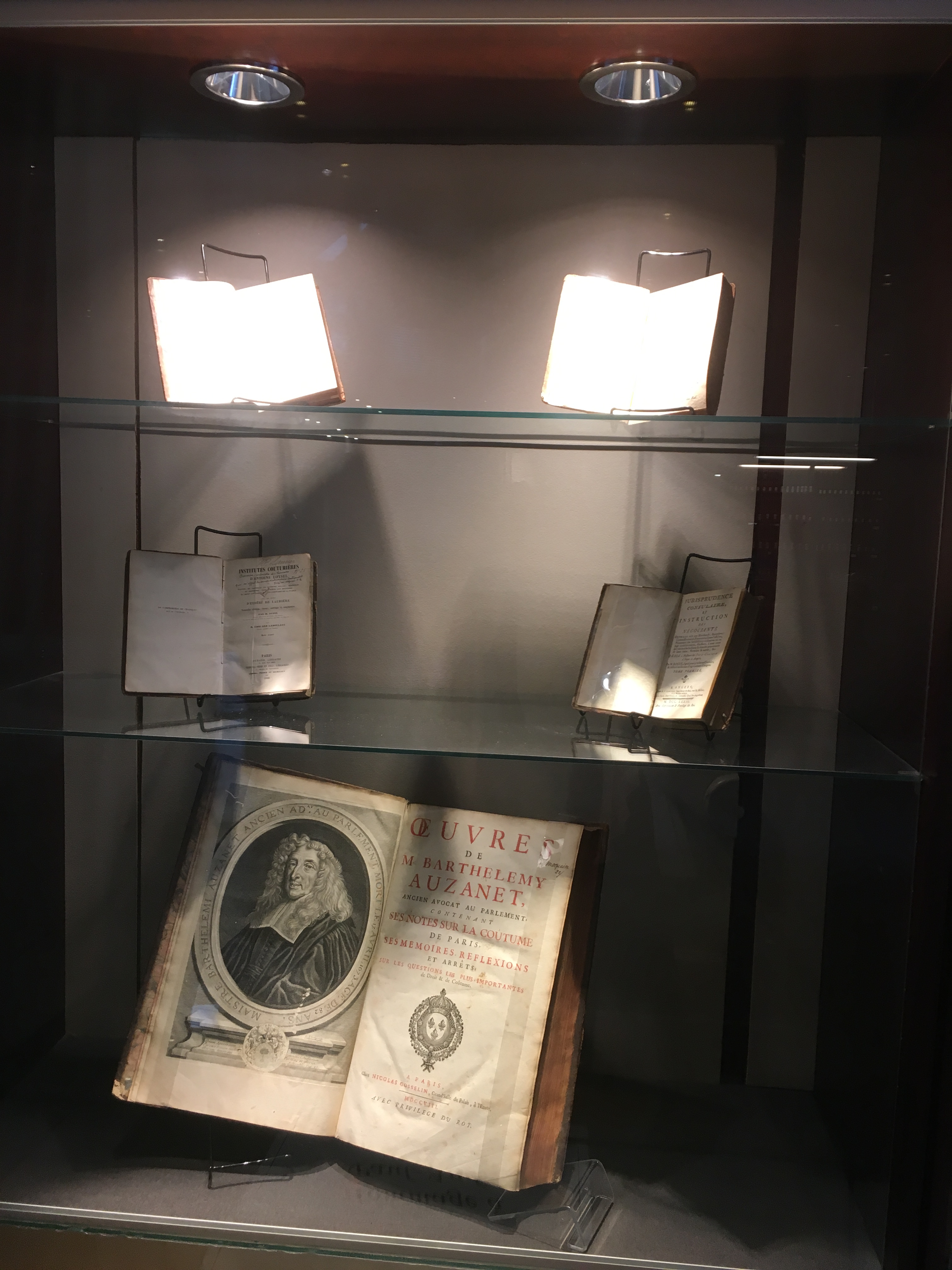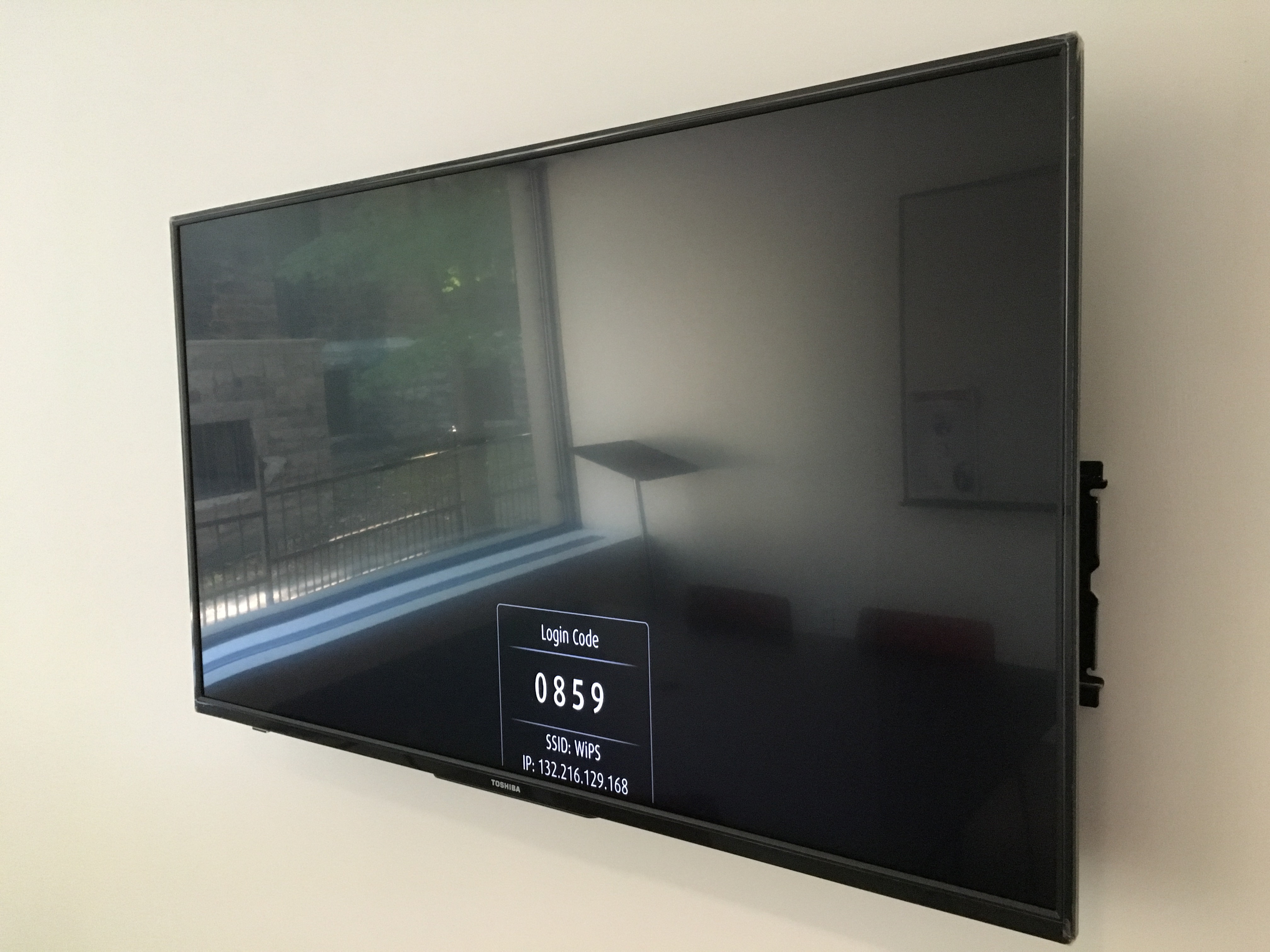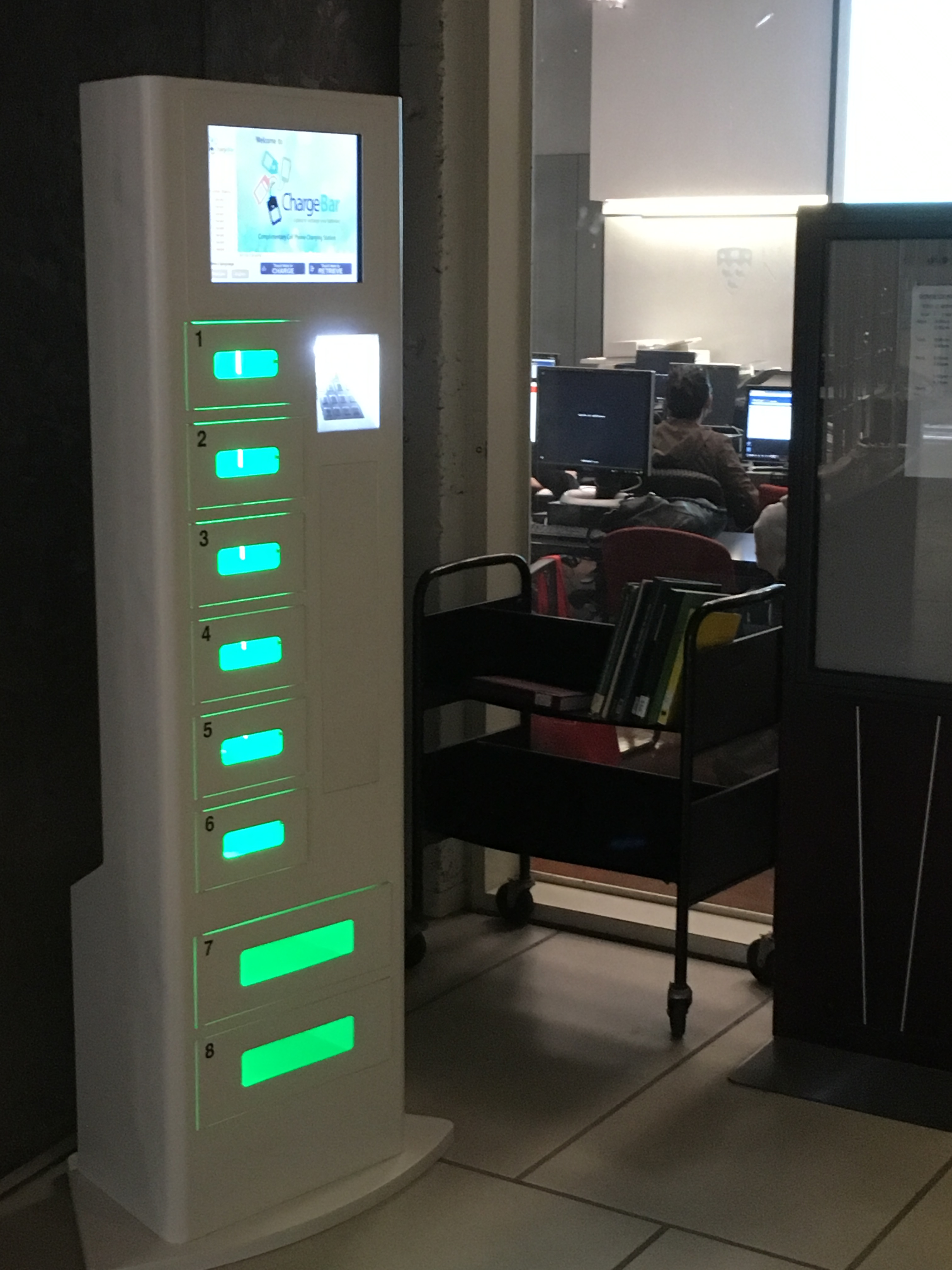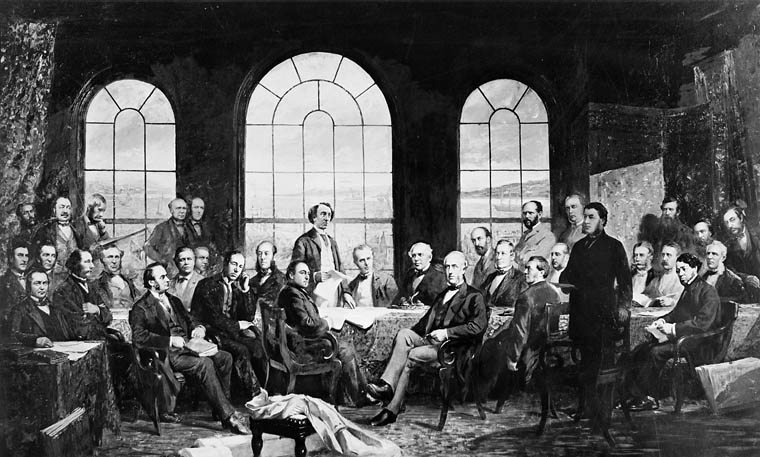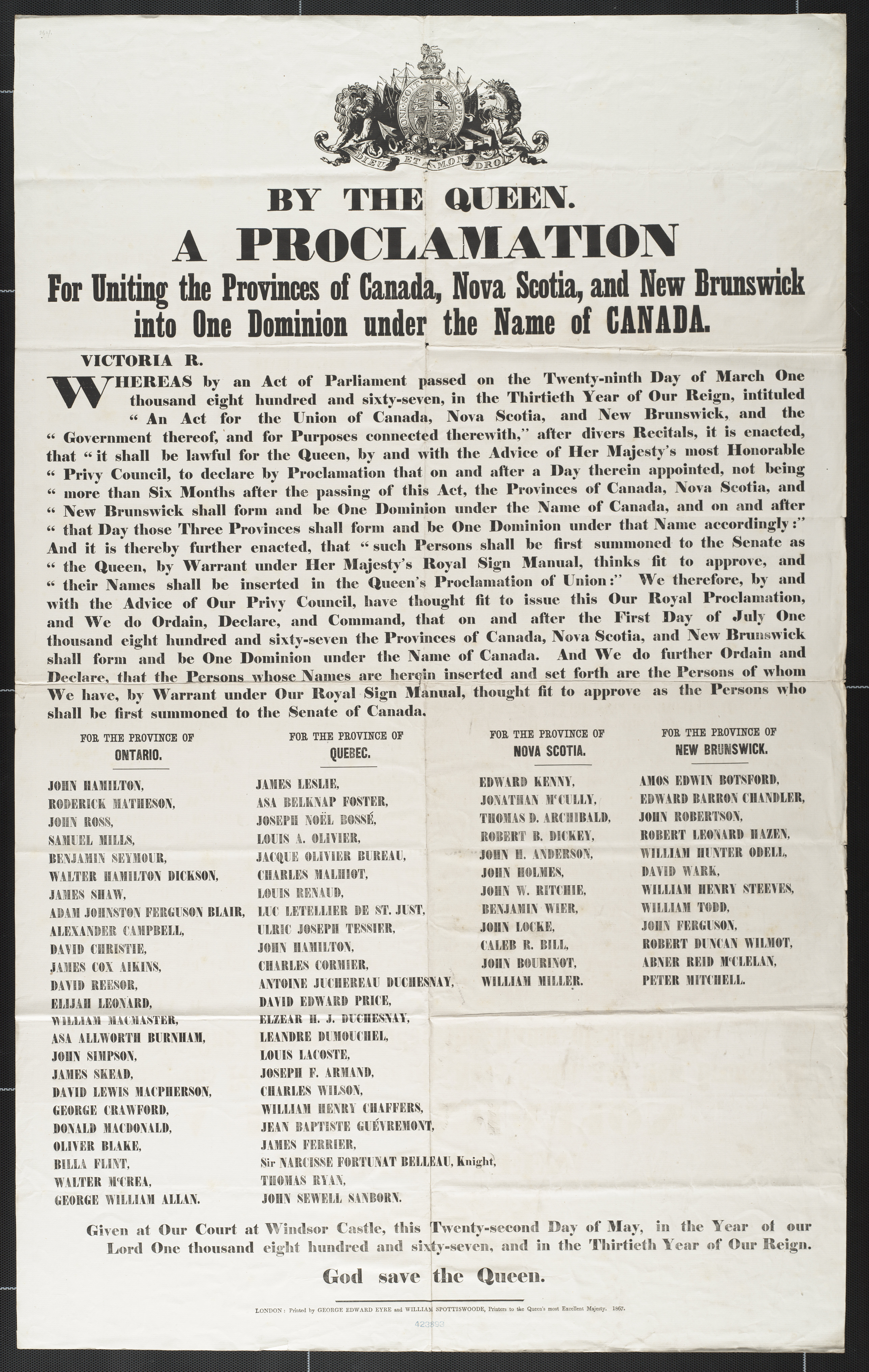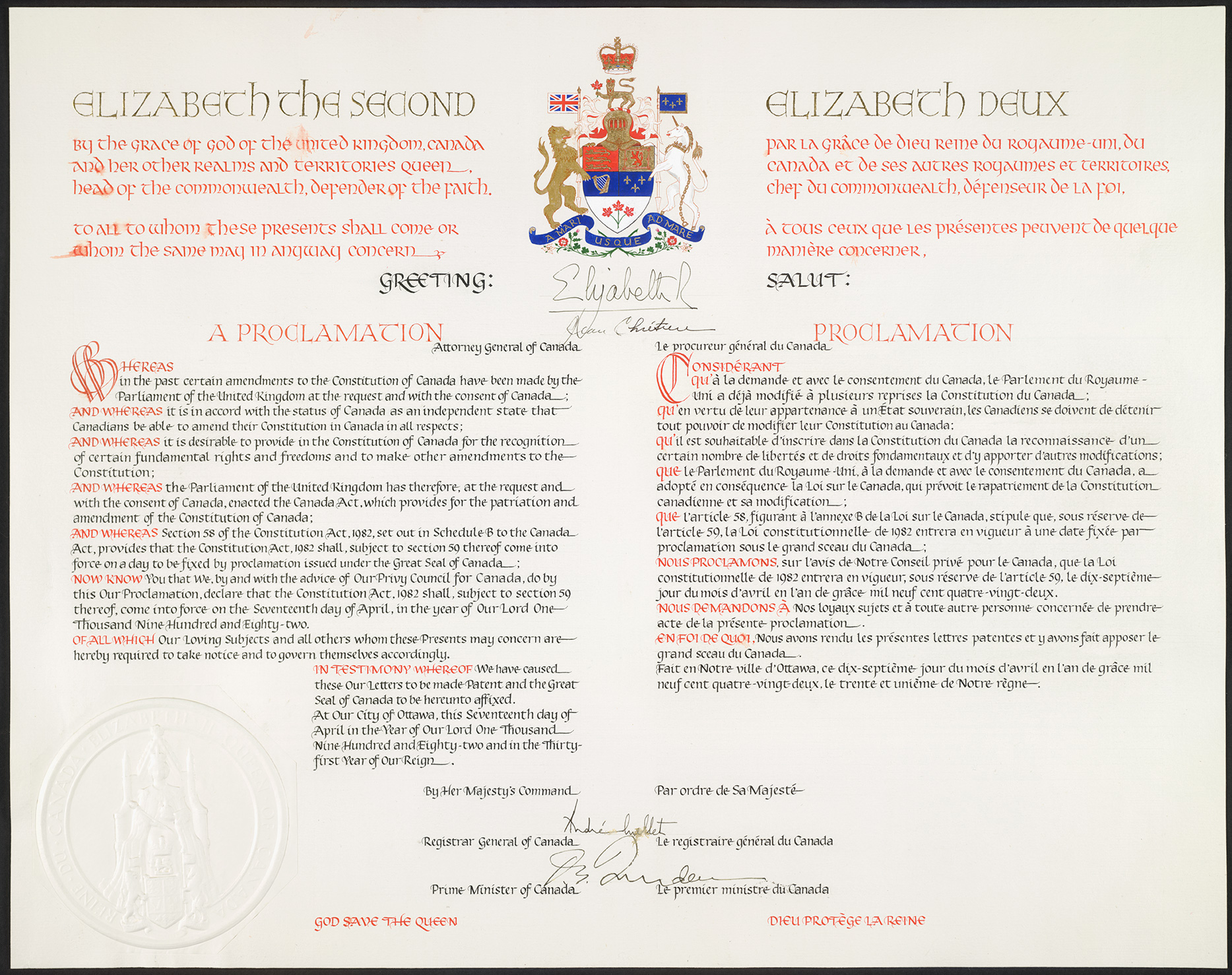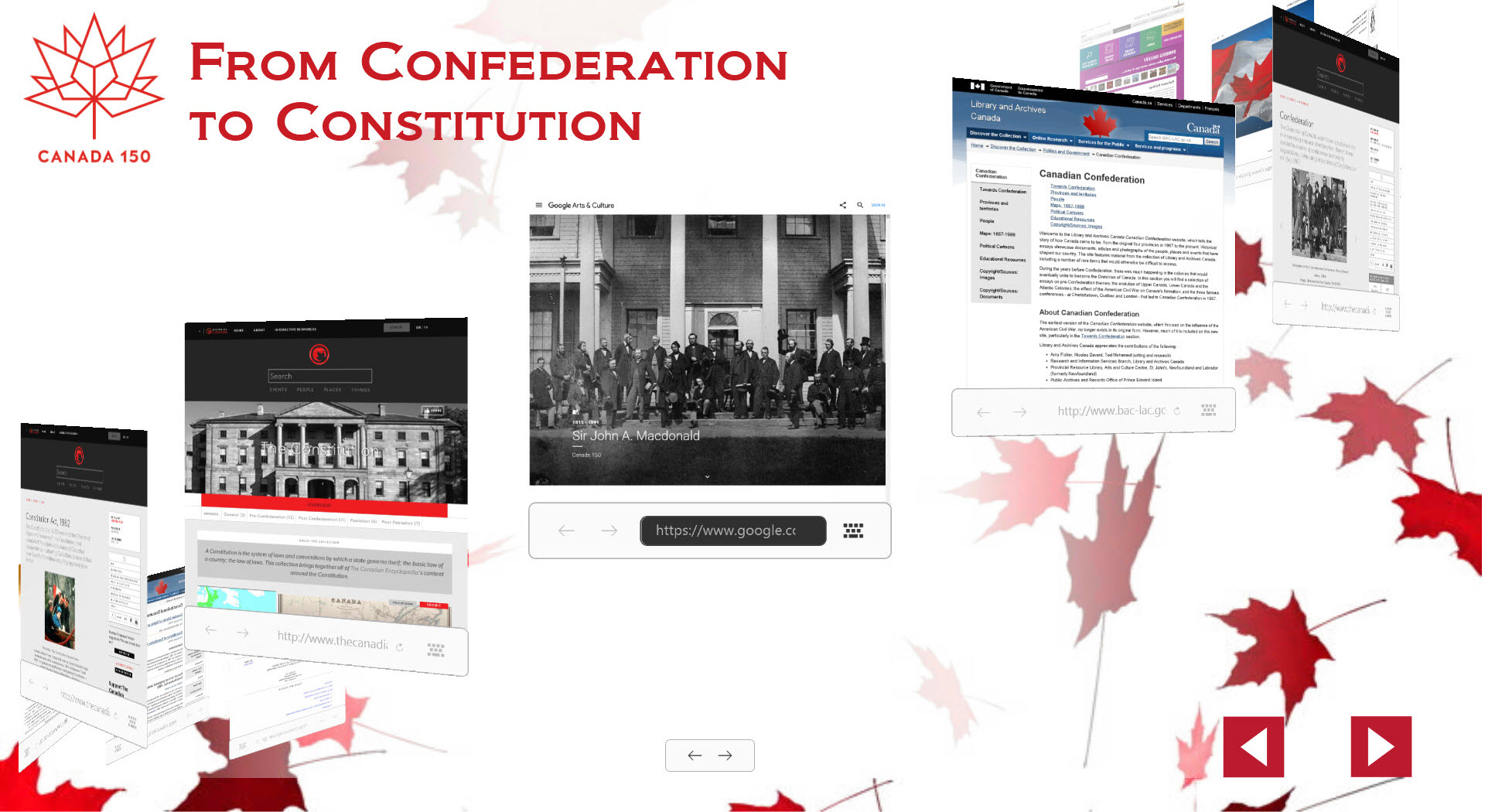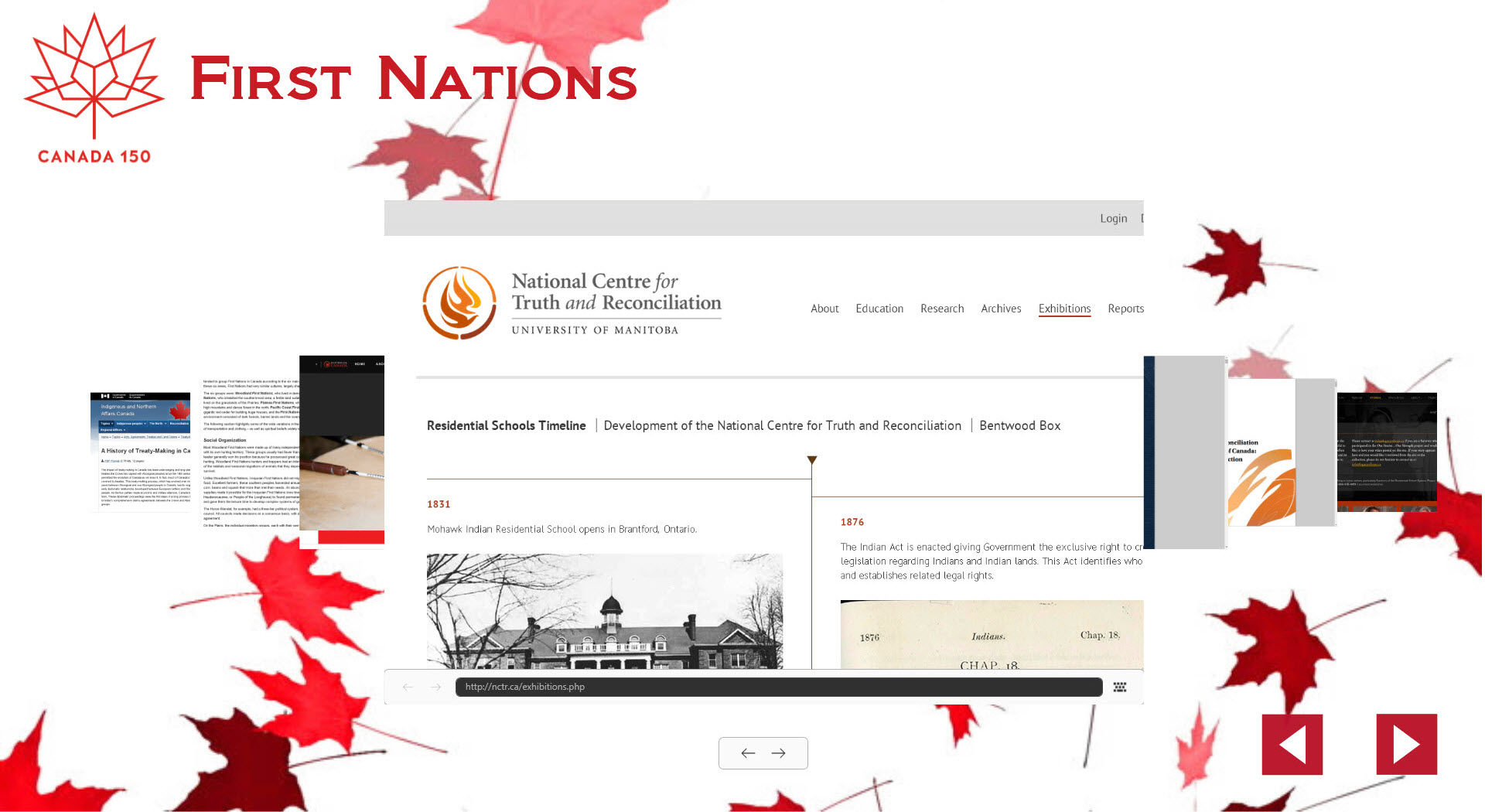The Nahum Gelber Law Library is proud to announce the launch of two new databases, Practical Law Canada and Lexis Practice Advisor, as well as the signing of an agreement between the CAIJ and McGill University, granting CAIJ memberships to students, librarians, support staff and professors of the McGill Faculty of Law.
Access to Practical Law Canada and membership to the CAIJ are restricted to the Faculty of Law only; a consent form, available at the circulation desk or by emailing law.library@mcgill.ca, must first be completed. Access to Lexis Practice Advisor is available to the entire McGill community.
Practical Law Canada
Practical Law Canada (PLC) is a research tool that provides a variety of practical resources to help lawyers get their work done more efficiently. Practice notes, which provide guidelines and explanations of current law and practice, precedents with detailed drafting notes, and checklists, timelines and flowcharts, are created and maintained by a team of expert lawyers, who ensure that their material reflects current practice. The practice areas covered are:
– Capital Markets & Securities
– Commercial Real Estate
– Commercial Transactions
– Competition
– Corporate and M&A
– Employment
– Finance
– Litigation (Corporate & Commercial)
In addition, PLC offers a provincial comparison tool, allowing users to compare laws and requirements in a particular area of law, across the country. Last, their product What’s Market allows you to easily analyse and compare terms or features across publicly filed deals.
Guides, video tutorials (in both languages) and interactive eLearning (English Only) are available here: https://store1.thomsonreuters.ca/learning/practical-law-canada (Eng) https://store1.thomsonreuters.ca/apprentissage/practical-law-canada (Fr). A training session in the library will be offered during the course of the semester.
Lexis Practice Advisor
Lexis Practice Advisor is another practitioner-oriented research tool. Similar to PLC, the platform also features practice notes, precedents with detailed drafting notes, checklists and flowcharts, as well as forms and articles, all maintained by a team of expert lawyers. The practice areas covered are:
– Capital Markets and M&A
– Commercial
– Corporate and Private M&A
– Employment
– Family Law (BC and Ontario only)
– Finance
– Insolvency & Restructuring
– In-House Counsel
– Intellectual Property & Technology
– Litigation & Dispute Resolution
– Personal Injury (BC and Ontario only)
– Wills, Trusts & Estates (BC and Ontario only)
While the content is primarily Canadian, some international, US, UK, and EU content is also available.
Training on Lexis Practice Advisor will be offered during the course of the semester.
CAIJ
Le CAIJ met à votre disposition des ressources couvrant l’ensemble des champs de la pratique juridique. Vous retrouverez notamment du contenu et des outils afin d’appuyer vos études et recherches, notamment :
– Jurisprudence québécoise et canadienne.
– Lois des juridictions canadiennes.
– De la doctrine à valeur ajoutée et développée au CAIJ, telle que :
*une banque de question de recherche documentées (TOPO) comprenant plus de 5000 questions pour vous aider à commencer une recherche;
*des dossiers spéciaux sur des sujets d’actualité qui rassemblent toute l’information pertinente pouvant vous aiguiller dans vos recherches
*plus de 100 lois annotées pancanadiennes incluant les annotations d’ouvrages comme les AlterEgo de Wilson & Lafleur, le Code civil annoté de Baudouin-Renaud, etc.
*un accès exclusif à la Collection de droit de l’École du Barreau.
– Des banques de données accessibles à distance telles que : dèsLibris (Irwin Law’s e-library), LexBase, et bien plus encore.
Bénéficiez également du soutien personnalisé d’une équipe de recherchistes-formateurs qualifiés pour vous accompagner dans vos recherches en mode clavardage, de 8 h à 20 h du lundi au jeudi et de 8 h à 17 h le vendredi.
Finalement, Mon CAIJ, l’espace de travail personnalisé et confidentiel, vous offre des fonctionnalités adaptées à votre pratique, notamment :
– Sauvegarde de vos requêtes de recherche, de sources et d’archivage
– Alertes personnalisées associées à vos requêtes
– Prêt, réservation et/ou livraison de documents (des frais peuvent s’appliquer)
Une formation sur les outils du CAIJ sera offert à la bibliothèque le 27 janvier 2020. Inscrivez-vous dès maintenant.
All databases are accessible directly from the Law Subject Guide. If you have any questions regarding these new products, please contact us at law.library@mcgill.ca.

